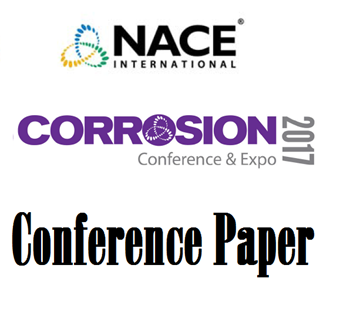Search
00322 SCALE CONTROL IN GEOTHERMAL SYSTEMS
Also Purchased
09377 Evaluation of Corrosion Resistance for Materials in Geothermal Applications
Product Number:
51300-09377-SG
ISBN:
09377 2009 CP
Publication Date:
2009
$20.00
51313-02631-Selection of Scale Inhibitor for Geothermal Applications
Product Number:
51313-02631-SG
ISBN:
02631 2013 CP
Publication Date:
2013
$20.00
Materials Selection Challenges for Geothermal Energy Projects
Product Number:
51317--9258-SG
ISBN:
9258 2017 CP
Publication Date:
2017
$20.00
Recently viewed




